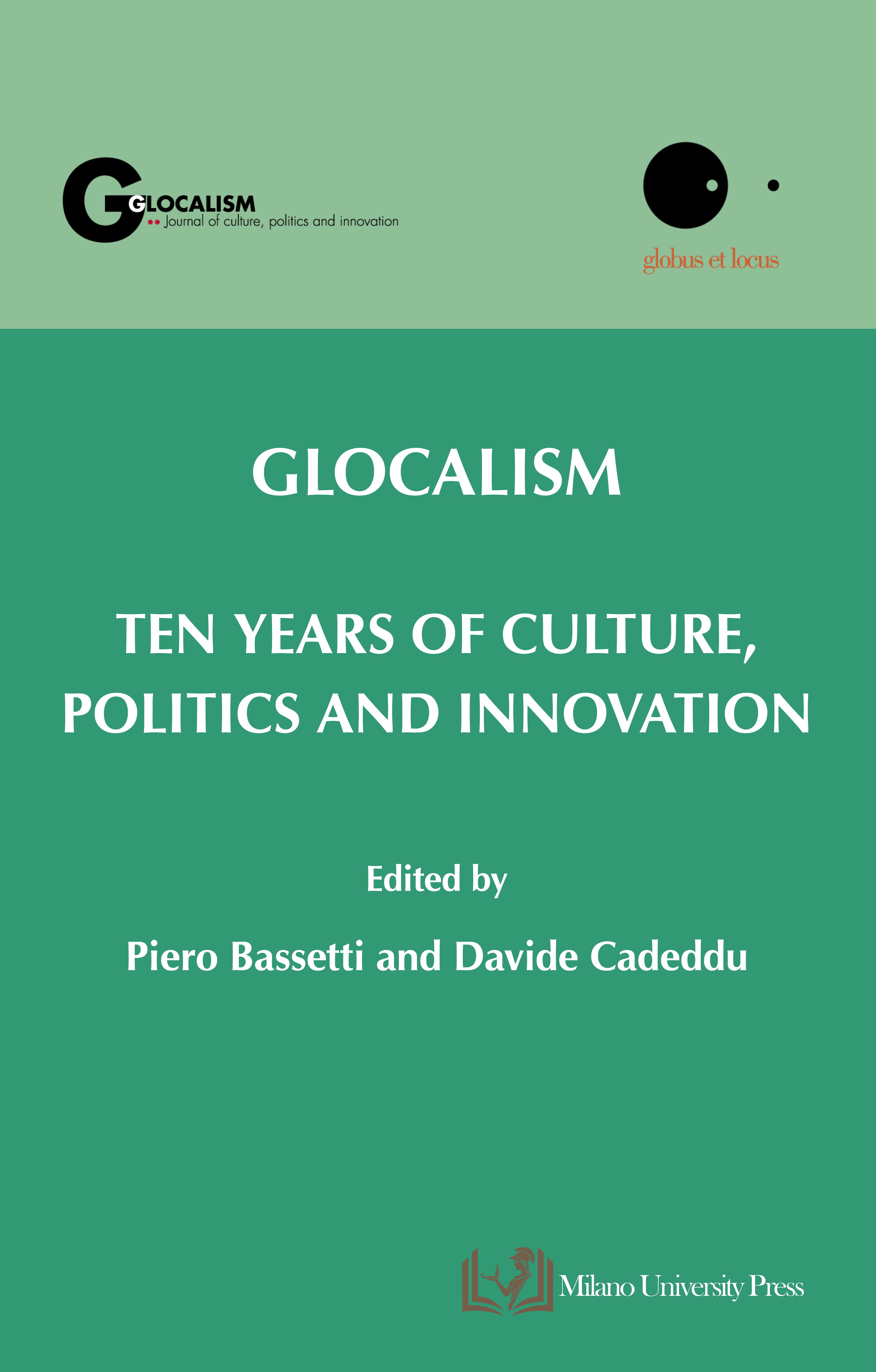Cambiamento e stabilità nelle federazioni dell’Asia meridionale: India, Pakistan e Malesia
DOI:
https://doi.org/10.12893/gjcpi.2018.2.4Keywords:
federalism in Asia, interethnic conflict, institutional change, political instability, federal integrationAbstract
Despite sharing the same colonial heritage, over the past few decades the federal systems of India, Pakistan and Malesia have been changing in very different ways. In order to understand this evolution, the article examines some political phenomena that have questioned the stability of these federations. The starting point of this analysis is the treatment of strategies adopted by the central governments to halt the activation of internal inter-community conflicts. Thanks to a comparison with recent thematic literature, the discussion about the strengths and the limits of devolution and centralization policies is linked to the problem of internal peace within multinational societies. In the Asian federal states, the interethnic conflict and the problem of ethnic outbidding have their roots in the political management of territory and the representation of regional populations within the legislative chambers. Having taken into account the description of the dissimilarity between the federal cases, it can be seen that the internal geographical divi- sion’s criteria has greatly determined the degree of autonomy of regions and, moreover, the relations between central government and local institutions. Additionally, the reinforcement of intergovernmental collaboration has allowed India to simplify the cooperation between regional and federal politicians, although the Veto Players Theory explains why the operation of cooperative federalism may pose a threat to institutional stability by legislative immobilism. To conclude, it seems that the federal integration strategies advocated by India and Malaysia have been able to consolidate the stability of these regimes, but only at the cost of a strong centralization and discriminatory practices against some local autonomies. As for Pakistan, however, the presence of an authoritarian regime, characterized by a bureaucratic-military leadership and a precarious federal system, seems to expose the Pakistani society to the risk of collapse.
Downloads

Downloads
Published
How to Cite
Issue
Section
License

This work is licensed under a Creative Commons Attribution-ShareAlike 4.0 International License.











